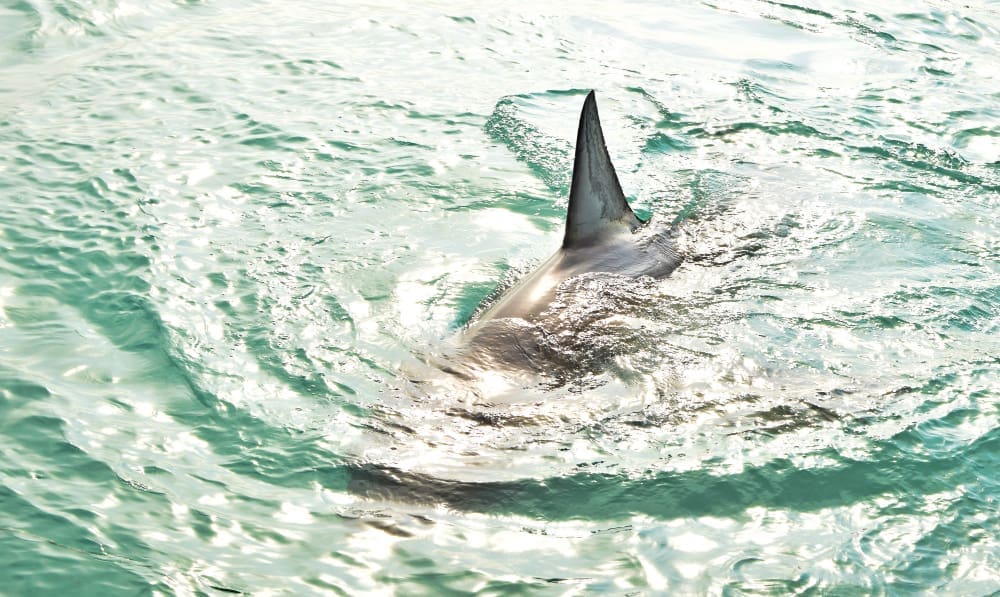A teenager from Alabama, who barely survived a severe shark attack last year, is advocating for a proposed alert system aimed at enhancing public safety in water. At just 16, Lulu Gribbin was one of three individuals bitten by a shark on June 7, 2024, during a series of attacks along the Florida Panhandle. She suffered the loss of her left hand and part of her leg. Recently, she appealed to Alabama legislators to endorse a shark attack alert system initiative.
The proposed legislation, introduced by Republican Representative David Faulkner, aims to create an alert system akin to the Amber Alert, which would notify the public following an unprovoked shark attack in the area. Gribbin shared that just ninety minutes prior to her attack, another incident occurred a few miles away, which she believes she and her friend could have avoided if they had been informed. She emphasized the potential of the bill to avert future incidents and accidents.
Although the proposal is designed to affect only the Alabama coastline, Faulkner hopes it will inspire similar measures in other states or prompt federal laws to broaden its application. Faulkner stressed the need for such a system by highlighting the lack of warning preceding Gribbin’s attack, which he found unacceptable given today’s technological advancements.
The Alabama House Public Safety and Homeland Security Committee has progressed the bill, and it is now set for consideration by the full Alabama House of Representatives. Initially, the bill included provisions for alerting the public about “imminent danger” from sharks, but this language was deemed too vague by beach communities, fearing it might result in excessive alerts, inciting panic and potentially harming tourism.
During the incident, Gribbin and her friend were collecting sand dollars before being caught in the attack. They were returning to the beach when her friend warned of a shark. She recounted seeing a large shadow and swimming frantically. Despite trying to stay calm to avoid attracting the shark, she was attacked. A man she describes as a hero rescued her from the water, and she regained consciousness on the shore, where medical staff tended to her injuries.
Gribbin’s recovery journey has been widely documented on social media, and her presence at the Alabama Statehouse was met with admiration from people who found her story inspirational. While sharks are prevalent in the waters of Alabama and Florida, experts emphasize that shark attacks remain infrequent. According to the University of Florida’s International Shark Attack File, there were 47 unprovoked shark bites reported worldwide last year.
Governor Kay Ivey of Alabama recently called on legislators to pass the bill, describing it as an essential tool to enhance public safety. In a statement, Ivey praised Gribbin’s bravery and expressed eagerness to sign the bill into law, urging everyone to be “Lulu strong.”
The Bottom Line
- The introduction of a shark attack alert system may increase public awareness and potentially prevent further incidents, enhancing coastal safety.
- Tourism in regions like the Alabama coast could face impacts depending on how the alert system is perceived and implemented.
- Gribbin’s survival story and advocacy highlight the relentless spirit and determination of young individuals in the face of adversity.
- The proposed system reflects growing interest in leveraging technology for public safety, possibly influencing similar legislative efforts across the nation.
- Community responses to such initiatives may vary, with some expressing concern over possible economic impacts and others valuing enhanced safety measures.














